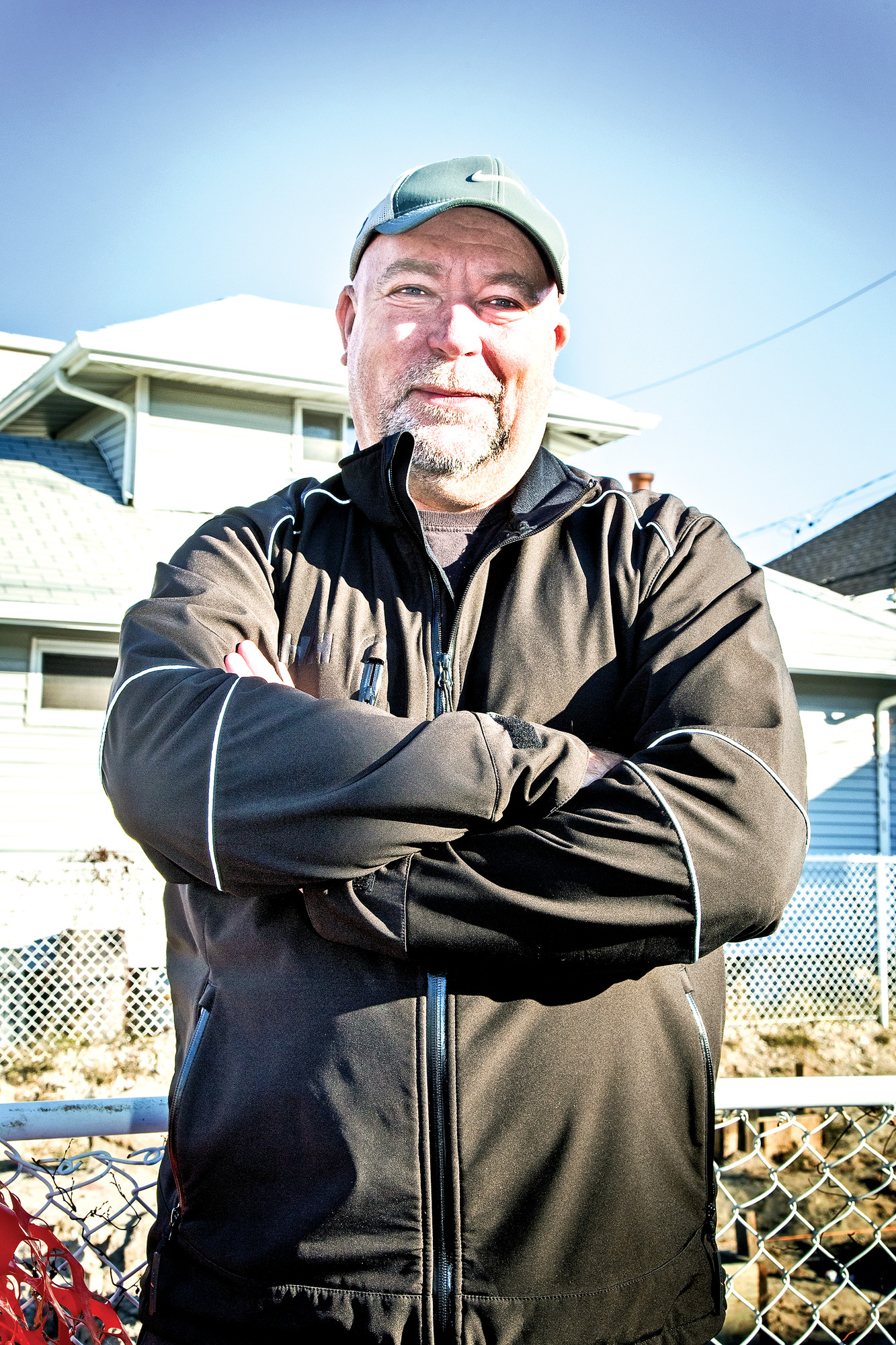Sandy victims file class-action suit
Attorneys use RICO act to go after insurer
Attorneys representing a group of Hurricane Sandy victims who contend that their claims were denied by their insurance company based on “doctored” damage reports filed a federal class-action lawsuit last Friday, alleging that the Wright National Flood Insurance Company conspired with engineers and adjusters to commit fraud.
The lawsuit was filed on Nov. 21 in U.S. District Court in Central Islip under the Racketeer Influenced and Corrupt Organizations act, or RICO, a statute better known for its use in cases involving organized crime.
“We fear the evidence that the changing of engineers’ reports to deny our clients coverage is pervasive, and we allege that the defendants conspired to change those reports,” said Long Beach attorney Denis Kelly, part of the legal team that filed the suit. “We have found preliminary evidence that it may include carriers other than Wright. By virtue of filing the class action suit, we’re hearing from a lot more people about what may have happened regarding engineers and their reports.”
Even though the National Flood Insurance Program backs insurers, the RICO allegations claim, “The common goal was to reduce payments on legitimate insurance claims, drive up costs of claims handling and investigation of these claims. This generated profits for the enterprise as a whole and for participating individuals. Defendant Wright also benefitted by avoiding a government audit through inflating costs and reducing claims paid.”
The suit was filed shortly after U.S. Magistrate Judge Gary Brown ruled that an engineering company hired by Wright, U.S. Forensic, “unjustly frustrated efforts” by two Long Beach homeowners, Deborah Raimey and her father, Larry Raisfeld, who sought a damage claim after their rental property was destroyed.
Brown concluded that an engineer’s report — which initially attributed the damage to the storm — was secretly altered in an attempt to prevent a larger payout to the homeowners. “Worse yet,” Brown wrote, “evidence suggests that these unprincipled practices may be widespread.”






